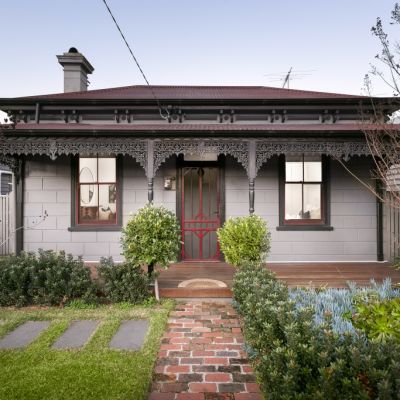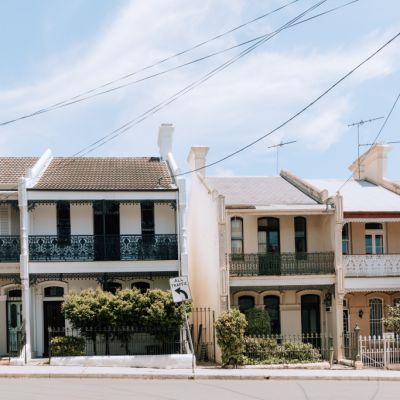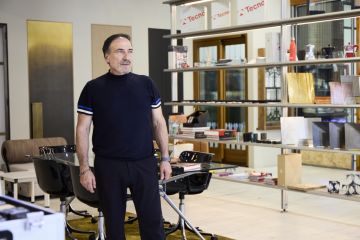A guide to interacting with your local council
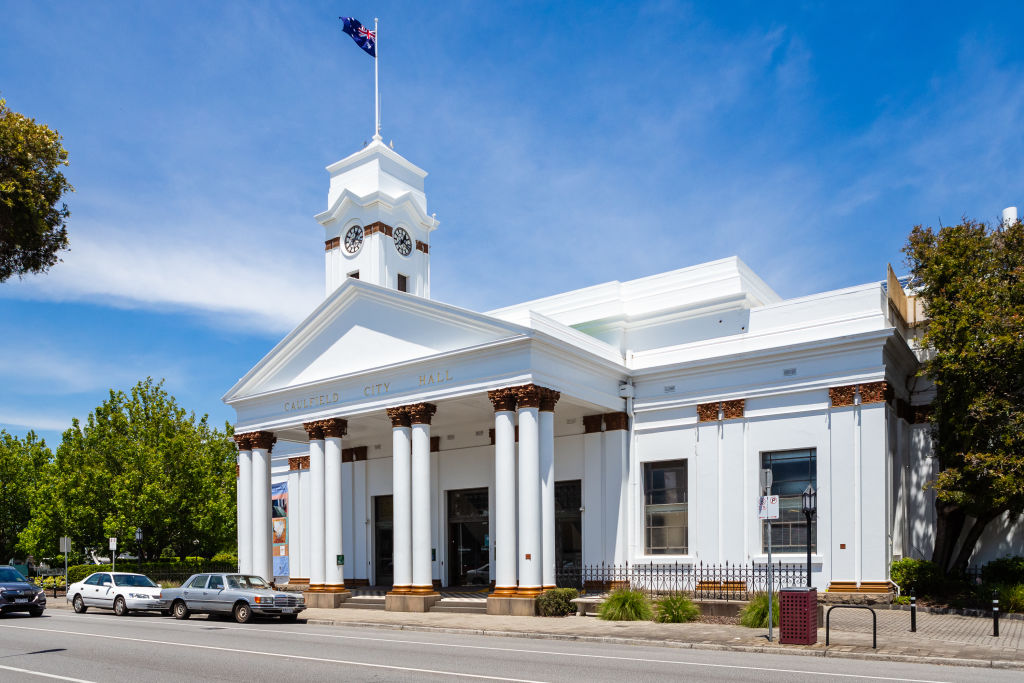
What can my local council do for me? It’s a good question, and the answer is: a lot!
Most of us focus on the federal and state and territory levels of government and what they’re doing – or not doing – and then that third tier often gets lost in the morass.
Yet local councils can have a huge impact on people’s lives, looking after everything from road maintenance to drains, childcare to swimming pools, bus stops to street signs, vaccination clinics to animal, and human, shelters.
In Victoria’s Greater Bendigo, the council has kept everyone all shook up with its staging of the Elvis: Direct From Graceland exhibition at its art gallery, together with more than 30 themed experiences and events which attracted millions of visitors from all across Australia.
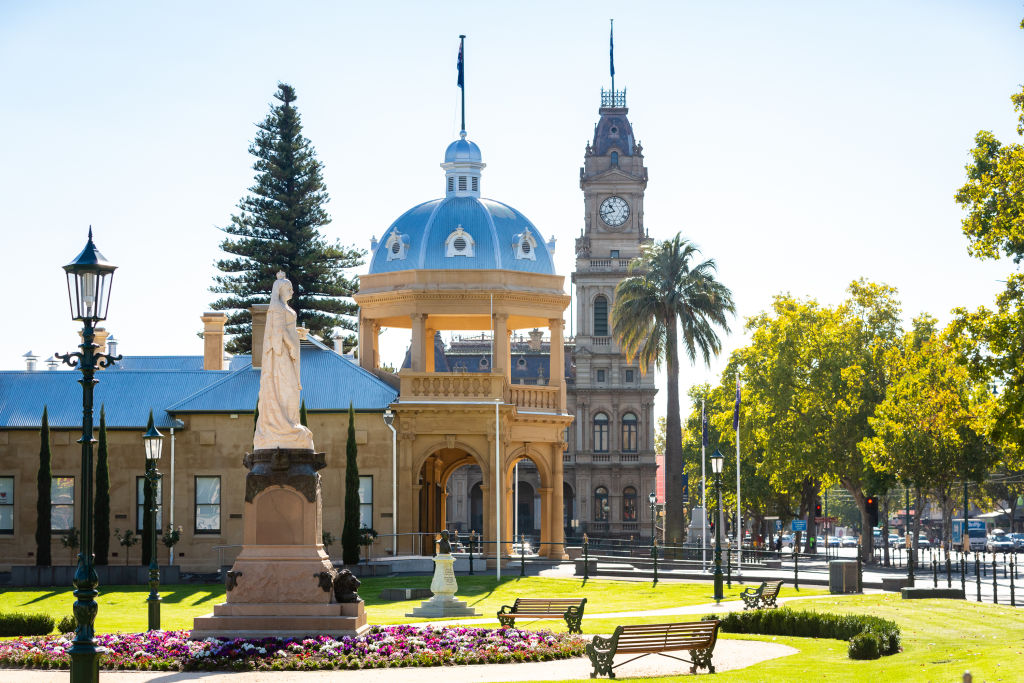
“We managed to win that from Graceland,” says Bendigo mayor Andrea Metcalf. “Every day, as a result, we had so many visitors to our city and they all bought coffee or a meal and went shopping and stayed here.
“It was incredible. On the last Saturday night, I did the Shake Rattle & Roll Tram ride and everyone on it was from out of town; we’ve been punching well above our weight.”
Generally, however, council business is a lot more run-of-the-mill and dominated by development applications, libraries, footpaths, parking, playgroups, school buses, community events, disability services, senior citizens’ centres and garbage collection.
At the overarching Australian Local Government Association, which looks after our 537 local councils across the nation, a spokesperson says councils are responsible, most importantly, for building and maintaining healthy, sustainable and vibrant communities.
“They run libraries that support lifelong learning, provide ovals and recreation centres for local sporting competitions, and host events and festivals that bring our communities together,” he says. “They maintain roads and stormwater systems, construct playgrounds, operate community centres, collect the rubbish, work with local businesses, and provide public health services and support for vulnerable residents.
“Across the country, many councils also run childcare facilities, immunisation clinics, golf courses, caravan parks, art galleries and museums, visitor information centres and regional airports.
“In addition, as the closest government to communities, councils can deliver tailored solutions to local and national challenges, whether it’s preparing for and responding to natural disasters, addressing the impacts of climate change, or closing the gap between Indigenous and non-Indigenous Australians.”
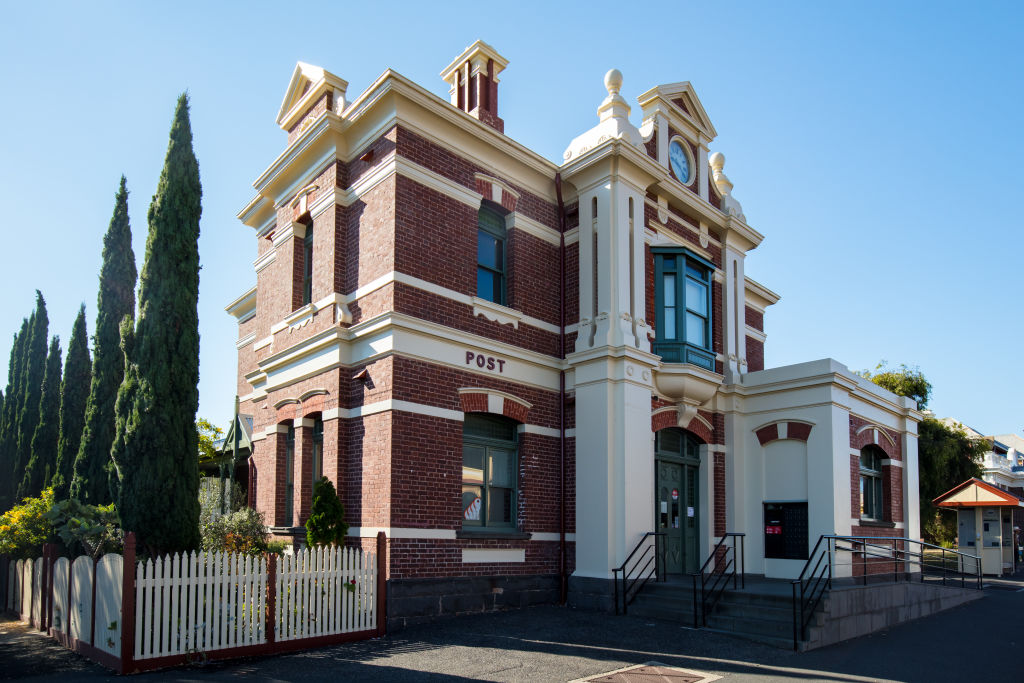
Of course, local council areas vary greatly in size and character and can look after facilities and services in both cities and in regional and rural areas. In Bendigo, for instance, the council looks after the city and 14 rural towns that are part of the same municipality.
The strength of such councils lies, however, in how close they are to the communities they serve, Metcalf says.

“It’s the closest level of government to the people,” she says. “Locals will see most of our councillors at the supermarket and in the street, and people will always come up to them and talk to them about the larger and smaller issues, and people know who they are.”
As well as councillors being able to be approached when they are out and about, most also hold regular sessions to talk to constituents and can be addressed at meetings or can be contacted through the council and its website.
The work can also vary massively according to the circumstances. At the City of Sydney council, for instance, a $72.5 million support package was launched during the pandemic in 2021 to give support to those most in need, who weren’t being helped by other levels of government. At the same time, the council had to collect, and dispose of, a record 69,446 tonnes of residential waste from a community spending much more time working from home.
“We provided food to communities for the first time and had librarians phoning residents to check they’d received their Meals on Wheels, and [check] on their welfare,” says 10-year city councillor Linda Scott. “Our services are very adaptable and depend on what’s happening in the community at any one time.
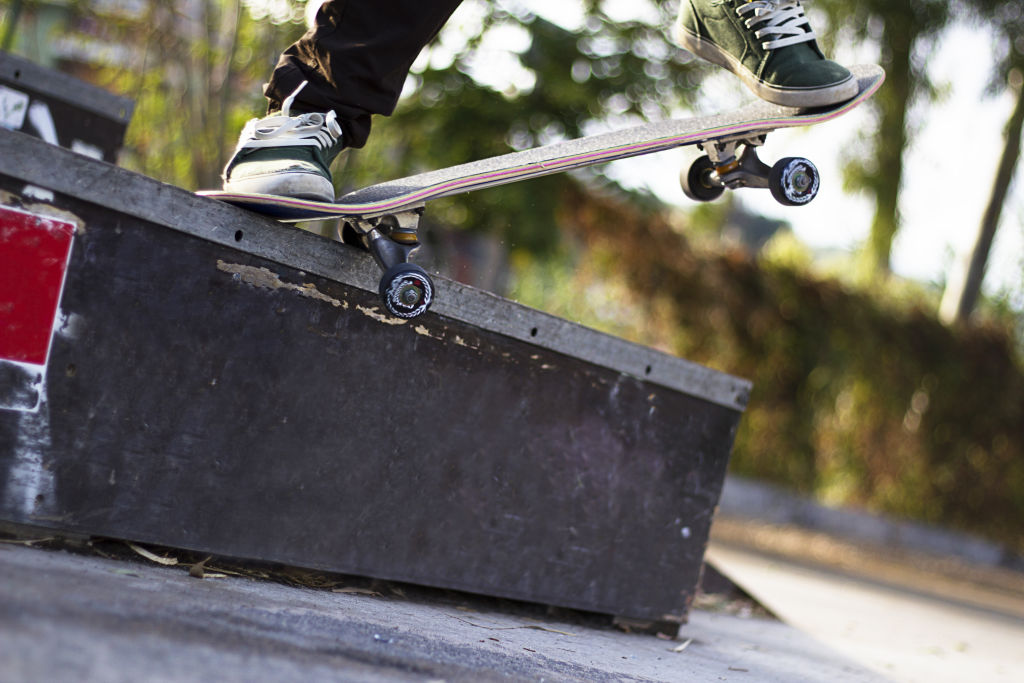
“Local governments are consistently voted the most trusted level of government and we are often the first to help, especially those councils working in remote and regional Australia. It’s often the case that the only government engagement for people is through their local council.”
Scott says the best councils are those that are receptive to members of the community approaching them, whether that’s over graffiti, public toilets or sports and recreation facilities. She remembers once being approached by a keen young skateboarder, complaining that there were hardly any skateboard ramps in the city.
She suggested he organise a petition to test the strength of feeling – and he managed to obtain 3000 signatures in support of more skateboard facilities in just three weeks.
“Then we had 400 skateboarders show up, with their skateboards, at the city’s town hall to come to a meeting,” she says. “It was extraordinary, such a spectacle, and they were all so wonderful and polite. At that meeting, my motion for more skateboard parks was passed unanimously.
“We now have the largest skateboard park in the southern hemisphere at Sydney Park, built just in time for skateboarding to be featured in the Olympics. It’s a wonderful story of people coming together and a local council responding.”
We recommend
States
Capital Cities
Capital Cities - Rentals
Popular Areas
Allhomes
More
- © 2025, CoStar Group Inc.
